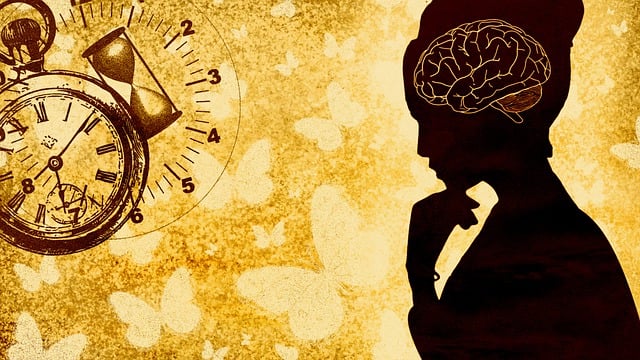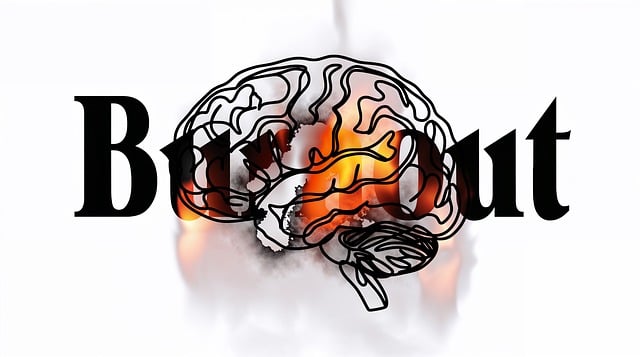Body dysmorphic disorder (BDD), characterized by an intense focus on perceived physical flaws, causes significant distress and negative self-image. Evolving Minds Counselling offers specialized, empathetic counselling to help individuals challenge distorted thoughts, foster healthier self-perception, and adopt coping mechanisms for improved mental well-being. Their approach combines cognitive-behavioural therapy (CBT), mindfulness, and exposure therapy in a safe, non-judgmental space to address root causes and promote self-acceptance. For recovery, seeking professional support through Evolving Minds Counselling is vital.
Body dysmorphia Australia, a condition characterized by an intense preoccupation with perceived flaws in one’s appearance, can significantly impact individuals’ self-esteem and daily functioning. This article explores the transformative power of empathetic counselling in supporting those struggling with dysmorphia. We delve into the specific role of this therapeutic approach, highlighting its benefits, and introducing Evolving Minds Counselling and their unique methodologies. By understanding body dysmorphia and accessing the right support, individuals can embark on a path to improved well-being.
- Understanding Body Dysmorphia: A Deeper Look
- The Role of Empathetic Counselling in Treatment
- Evolving Minds Counselling Approach and Methodologies
- Benefits and Impact on Individuals’ Well-being
- Accessing Support: Resources and Next Steps
Understanding Body Dysmorphia: A Deeper Look
Body dysmorphia is a complex mental health condition that significantly impacts an individual’s self-perception and overall well-being. It involves an excessive preoccupation with perceived flaws in one’s physical appearance, which can include distorted views of one’s body shape, size, or features. This condition often leads to severe anxiety, depression, and even suicidal ideation if left untreated.
At Evolving Minds Counselling, we recognize the unique challenges presented by dysmorphia. Our empathetic counselling services are tailored to provide a safe space for individuals struggling with this condition. Through our specialized approach, we aim to help clients challenge distorted thoughts, develop healthier self-image, and adopt coping strategies that promote overall mental health and well-being.
The Role of Empathetic Counselling in Treatment
Empathetic counselling plays a pivotal role in treating body dysmorphia, a mental health condition characterized by an excessive preoccupation with perceived flaws in one’s appearance. This therapeutic approach, offered by professionals at Evolving Minds Counselling, focuses on fostering understanding and compassion between the therapist and the individual struggling with dysmorphia. By creating a safe space, therapists employ active listening and non-judgmental attitudes to help clients explore their feelings and beliefs about their bodies.
Through empathetic counselling, individuals with body dysmorphia can begin to challenge distorted thoughts and perceptions, gaining valuable insights into the underlying causes of their condition. This process supports self-acceptance and promotes a healthier relationship with one’s body. The goal is not just to manage symptoms but to empower clients to embrace their uniqueness and cultivate a positive sense of self, free from the shackles of dysmorphia.
Evolving Minds Counselling Approach and Methodologies
Evolving Minds Counselling Approach offers a unique and compassionate methodology for individuals dealing with body dysmorphia. This approach focuses on fostering a safe and non-judgmental environment, where clients feel empowered to explore their thoughts and emotions. Through open dialogue, counsellors encourage self-reflection, helping clients to understand the underlying causes of their dysmorphia. By delving into their personal experiences, individuals can begin to challenge distorted perceptions and develop healthier coping mechanisms.
The Evolving Minds approach incorporates a range of evidence-based techniques tailored to each client’s needs. This may include cognitive-behavioural therapy (CBT), mindfulness practices, and exposure therapy. CBT aids in identifying and modifying negative thought patterns related to one’s body, while mindfulness encourages present-moment awareness and acceptance. Exposure therapy gradually faces clients with their fears, helping them to manage anxiety and reduce avoidance behaviours. These methodologies work synergistically to provide comprehensive support for those struggling with body dysmorphia, aiming to enhance self-esteem and overall well-being.
Benefits and Impact on Individuals’ Well-being
Accessing Support: Resources and Next Steps
For those struggling with body dysmorphia, seeking support is a vital step towards recovery. There are various resources available to help individuals navigate this complex issue. One effective approach is turning to Empathetic Counselling, where trained professionals offer a safe and non-judgmental space for clients to explore their experiences. This therapeutic method has gained recognition in the field of mental health as an innovative way to support those with body dysmorphic disorder (BDD).
If you or someone close to you is dealing with body dysmorphia, consider reaching out to Evolving Minds Counselling or similar organizations specializing in this area. They can provide guidance and connect individuals with specialized therapists who understand the nuances of BDD. Through therapy sessions, support groups, and online resources, there are multiple avenues to access care and begin a transformative journey towards self-acceptance and improved mental well-being.
Empathetic counselling, such as that offered by Evolving Minds, plays a pivotal role in supporting individuals struggling with body dysmorphia. By fostering understanding and compassion, this approach enables people to navigate their internal struggles and external pressures more effectively. Through tailored methodologies, empathetic counselling enhances well-being, promotes self-acceptance, and empowers individuals to challenge societal beauty standards. For those seeking help, accessing these specialized services is a crucial step towards healing and embracing a more positive relationship with one’s body.



